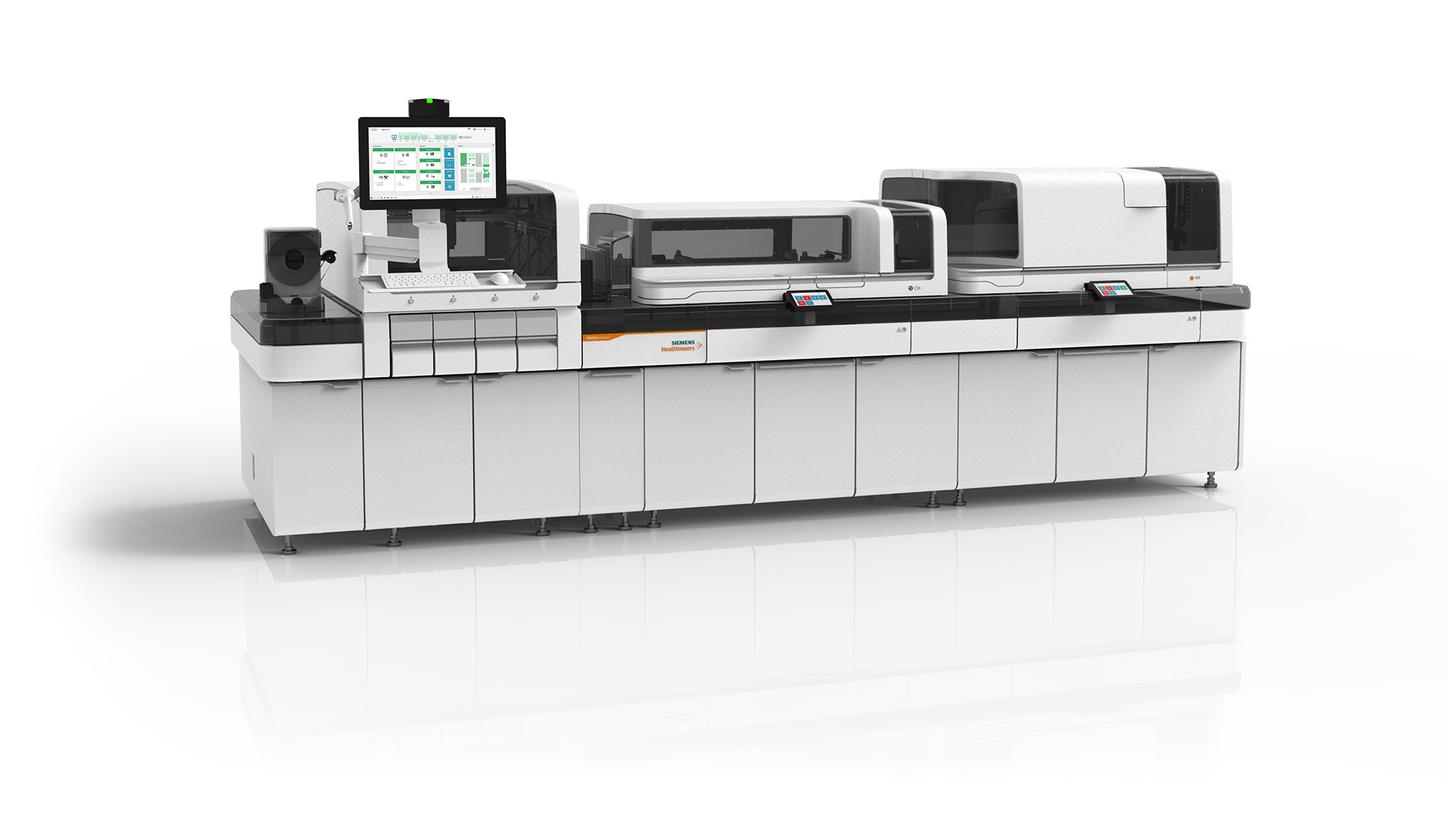What is MS and RMS?
Multiple Sclerosis, (MS), is an unpredictable disease of the central nervous system. The nervous system controls many critical functions – from walking to problem-solving. Relapsing MS (RMS) refers to the forms of MS characterized by flare-ups or attacks of the disease that last for at least 24 hours.
Someone is diagnosed with MS every 5 minutes and cases have grown 30% since 2013
Multiple sclerosis is highly variable in its presentation and progression with management that traditionally involves multiple complex and time-consuming tests, causing care providers to wait for important results while potentially putting physical and emotional strain on an already vulnerable patient population.
As an easy-to-use, reproducible and automated test with a clear clinical decision threshold, NfL allows labs to make significant contributions in the optimization of care for patients with RMS—increasing clinical confidence and strengthening collaboration with key clinical partners. The medical community’s understanding of MS is evolving rapidly. Staying informed on the latest discoveries and MS innovations is the surest way to support clinical partners and the 2.9 million patients living with the condition.

A simple test with global potential
2.9 million people worldwide are affected by MS, with an estimated 85% having relapsing MS.2,3 NfL testing can make optimized care far more accessible to more patients with RMS. Discover how NfL can help elevate MS care by reading available, peer-reviewed information on NfL as a biomarker for this disease.





